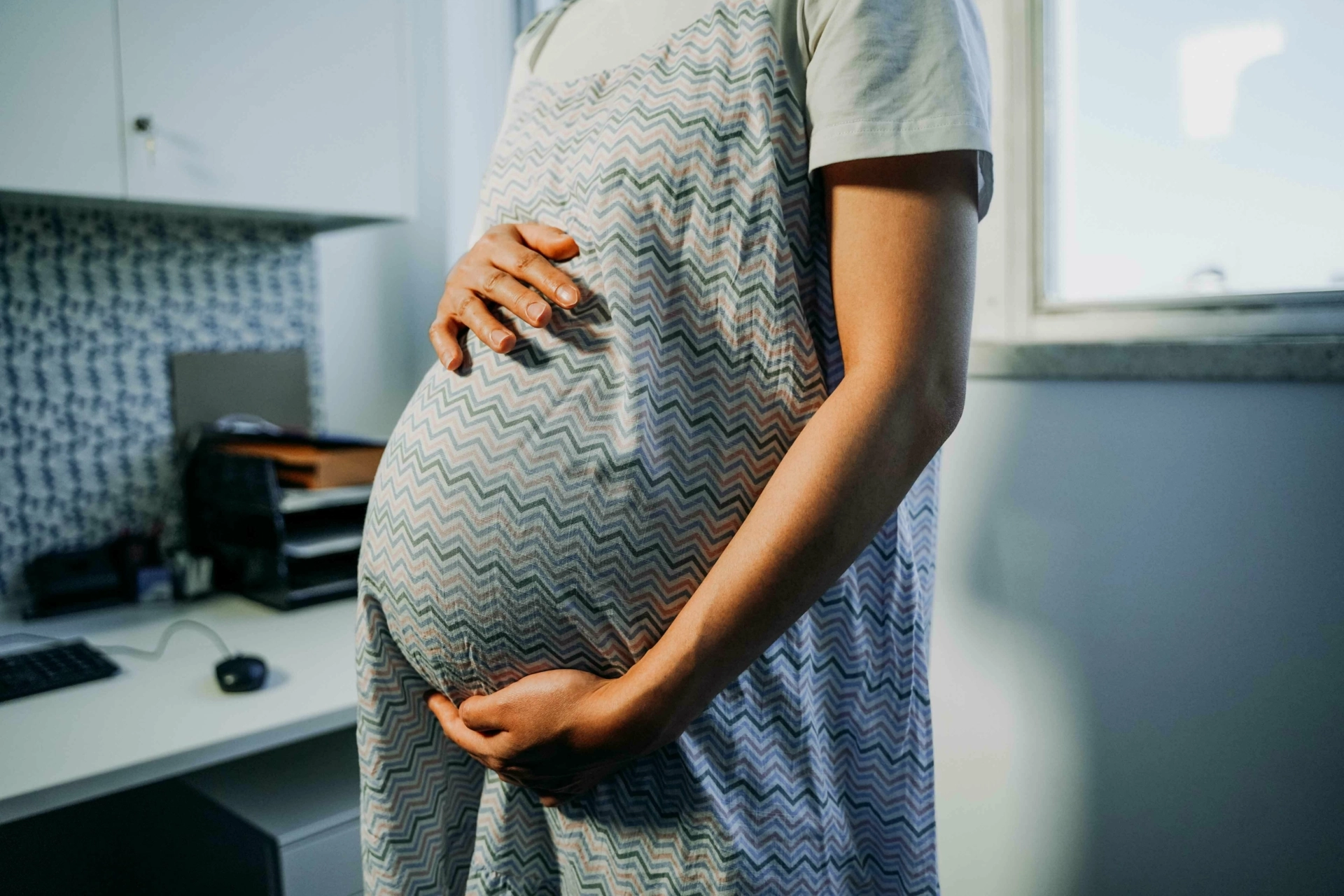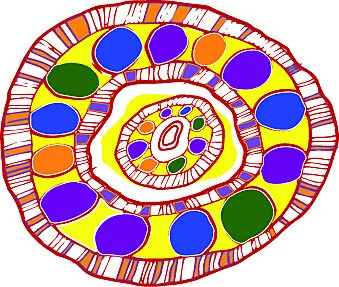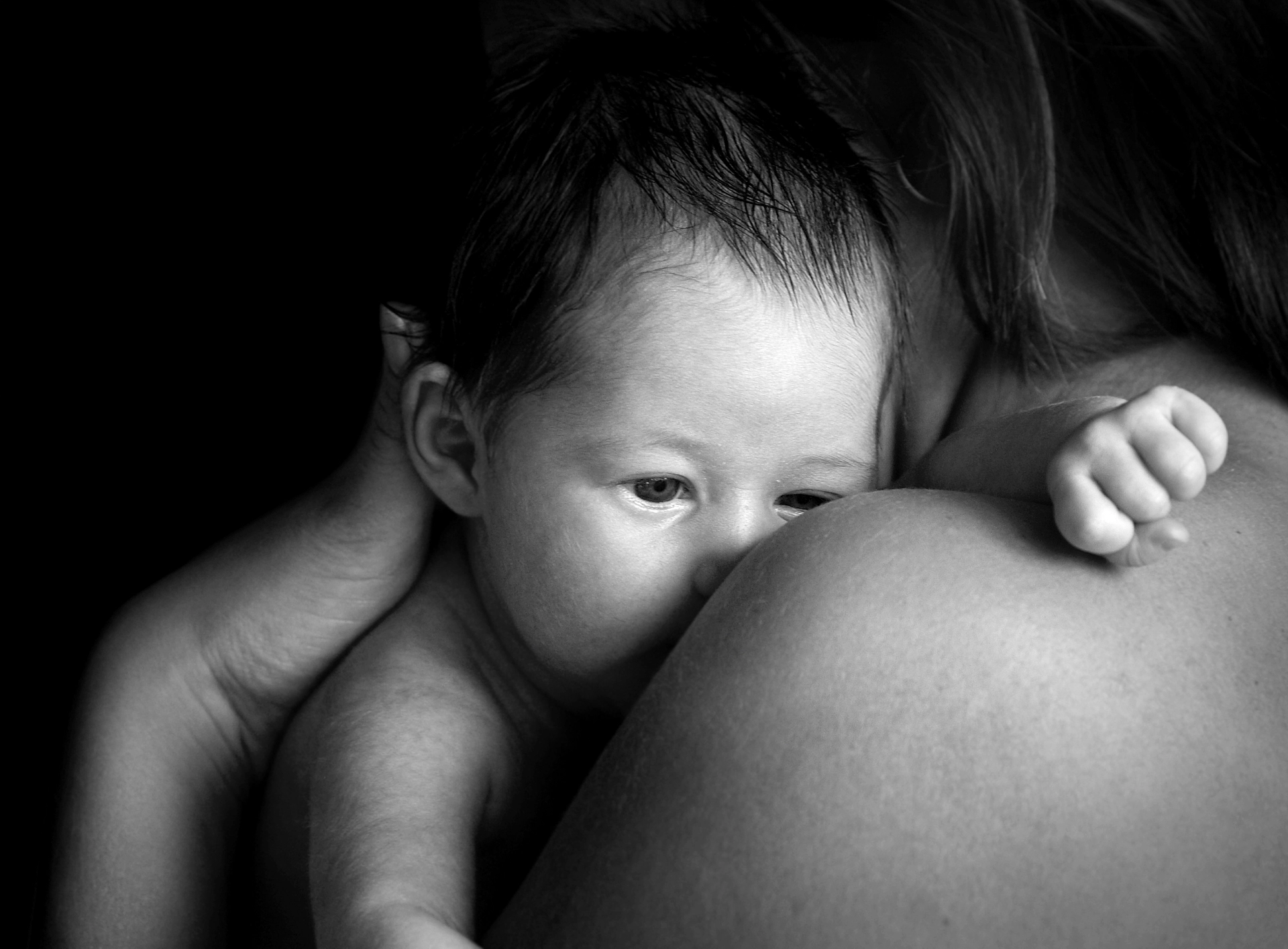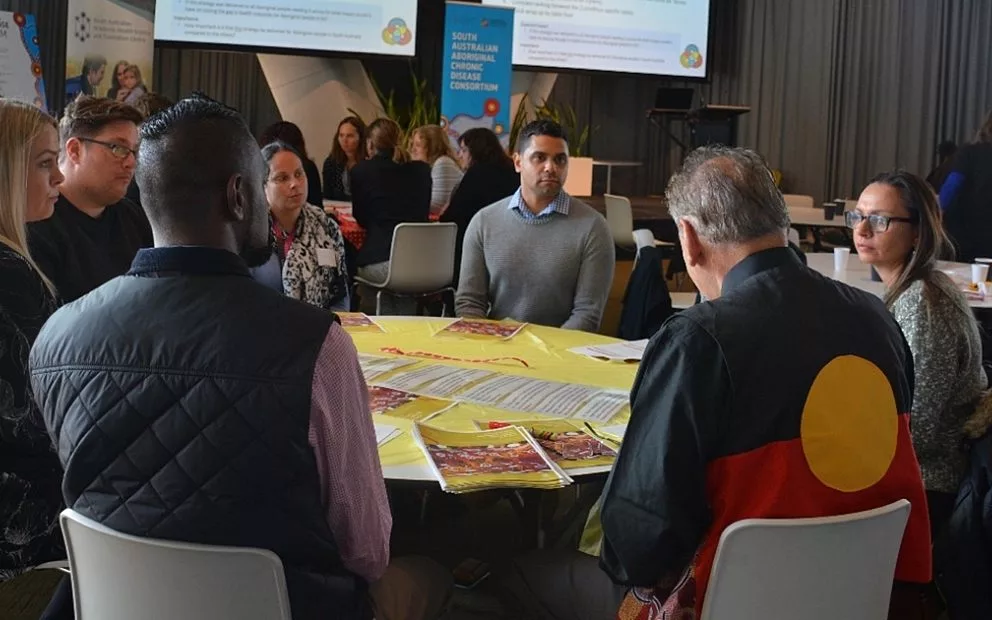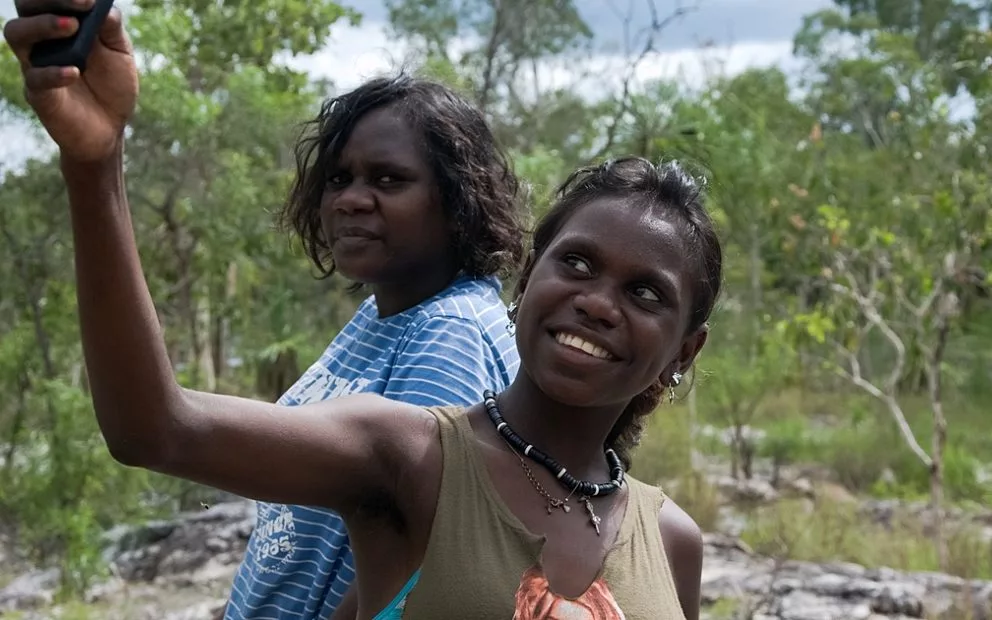An Indigenous-led team of medical and social health researchers have been tasked with investigating how to improve First Nations wellbeing during pregnancy, birth and the early years to help give more kids the best start to life.
The research team, led by clinical psychologist Associate Professor Yvonne Clark, a Kokatha/Wirangu woman, will receive $5 million in funding from the National Health and Medical Research Council (NHMRC).
Associate Professor Clark, a Research Fellow at the South Australian Health and Medical Research Institute (SAHMRI) and the University of SA, is one of seven Aboriginal and Torres Strait Islander chief investigators involved in the project.
“I am so excited to be involved in this innovative and inspirational research,” A/Prof Clark said.
“With me there will be the strength, wisdom and skills of many others including our investigators, staff, Aboriginal and Torres Strait Islander communities and our key partners. Concerns about the gaps in this area have been raised at many of our Aboriginal and Torres Strait Islander community accountability forums and it is a privilege for our team to be entrusted to take this topic forward.
“Providing evaluated, increased and tailored support that empowers Aboriginal and Torres Strait Islander parents to access culturally safe services will improve the health and well-being of themselves and their children in the early years.”
Language groups represented in the medical research project include Kuku Yalangji (Torres Strait), Trawlwoolway (Tasmania), Waljen and Nyinina (Western Australia).
The research aims to empower Aboriginal and Torres Strait Islander women and their families in South Australia and Western Australia to access the healthcare they need after identifying their concerns via a culturally safe app ‘Baby Coming You Ready?’.
More than 3000 women across eight locations will be given access to the app, which was first co-designed with Aboriginal and Torres Strait Islander Elders in Western Australia. It asks women and their partners a series of questions to identify their concerns before and after their baby arrives, assisting with referral to appropriate care.
As well as improving maternal healthcare knowledge, the program will directly address two Closing the Gap targets: healthy birthweights for babies and children being developmentally on track in their early years.
The researchers will develop a tailored Coolamon wraparound care program to provide additional support and continuity of care for high needs families identified through the app. Coolamon (or gulaman) refers to a traditional bark or wooden vessel used to carry items and babies.
The project will seek to identify strength-based, action-oriented approaches and interventions that value Aboriginal and Torres Strait Islander people’s concepts of health and wellbeing, cultural practices, knowledge and learning.
It will support the development of a national network so professionals can promote lessons and ensure sustainability and transferability of their research.
The research team includes maternal, child health and early years clinicians, epidemiologists, health science researchers, policy and decision-makers, partner organisations and implementation scientists, including national and global leaders.
The program will be funded for five years through NHMRC’s Targeted Call for Research scheme. Targeted Calls for Research are a one-time request for grant applications to address a specific health issue where there is a significant research knowledge gap or unmet need.
